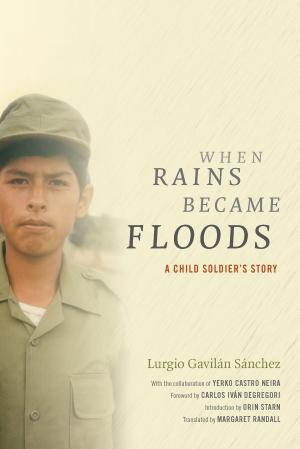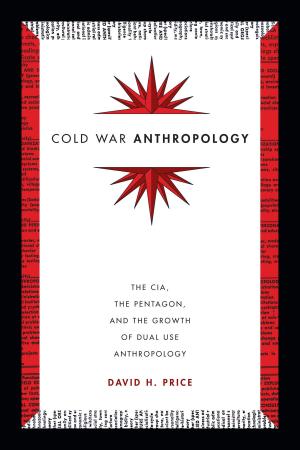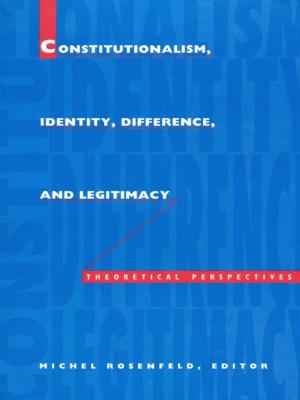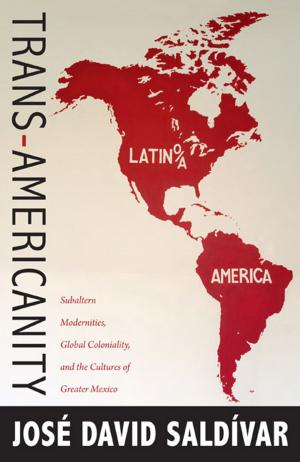| Author: | Francis Anthony Boyle | ISBN: | 9780822399001 |
| Publisher: | Duke University Press | Publication: | July 22, 2013 |
| Imprint: | Duke University Press Books | Language: | English |
| Author: | Francis Anthony Boyle |
| ISBN: | 9780822399001 |
| Publisher: | Duke University Press |
| Publication: | July 22, 2013 |
| Imprint: | Duke University Press Books |
| Language: | English |
This work tries to bridge the gap between international lawyers and those political scientists who write about international politics. In the first part, the author discusses the influence of Professor Morgenthau's realist school on the current thinking of political scientists and the abandonment of this school by its originator in the last years of his life. The author concludes that the best way to test the validity of different approaches is to discuss various international crises in the light of contrasting theories and to analyze each situation from both the legal and political points of view. In particular, he tries to ascertain to what extent vital national interests could be accommodated within an international legal framework, or could require a distortion of international rules in order to achieve national objectives.
In the second part, the author dissects the Entebbe raid, where Israeli forces rescued a group of hostages being detained by hijackers at a Ugandan airport. His analysis shows the deficiencies of the international system in dealing with such a complex issue, where several contradictory principles of international law could be applied and were defended by various protagonists.
The third part starts with a parallel problem--the Iranian hostages crisis, where a group of U.S. officials found themselves in an unprecedented situation of being captured by a band of students. A critical analysis of the handling of this problem by the Carter Administration is followed by vignettes of other crises faced by the Administration and by its successor, the Reagan Administration. This part is less analytical and more prescriptive. The author is no long satisfied with pointing out what went wrong; instead, he departs from the usual hands-off policy of political scientists and tries to indicate how much better each situation could have been handled if the decision makers had been paying more attention to international law and international organizations. The theme is slowly developed that in the long run national interest is better served not by practicing power politics and relying on the use of threat of force but by strengthening those international institutions that can provide a neutral environment for first slowing down a crisis and then finding an equitable solution acceptable to most of the parties in conflict.
The value of this book lies primarily in giving the reader a real insight into several important issues of today that are familiar to most people only from newspaper headlines and television news. While not everybody can agree with all his criticisms of the mistakes of various governments, there is an honest attempt by the author to present issues impartially and to let the blame fall where it may. Being both an international lawyer and a political scientist, the author has had the advantage of combining the methodology of these two social sciences into a rich tapestry with some startling shades and tones.
This work tries to bridge the gap between international lawyers and those political scientists who write about international politics. In the first part, the author discusses the influence of Professor Morgenthau's realist school on the current thinking of political scientists and the abandonment of this school by its originator in the last years of his life. The author concludes that the best way to test the validity of different approaches is to discuss various international crises in the light of contrasting theories and to analyze each situation from both the legal and political points of view. In particular, he tries to ascertain to what extent vital national interests could be accommodated within an international legal framework, or could require a distortion of international rules in order to achieve national objectives.
In the second part, the author dissects the Entebbe raid, where Israeli forces rescued a group of hostages being detained by hijackers at a Ugandan airport. His analysis shows the deficiencies of the international system in dealing with such a complex issue, where several contradictory principles of international law could be applied and were defended by various protagonists.
The third part starts with a parallel problem--the Iranian hostages crisis, where a group of U.S. officials found themselves in an unprecedented situation of being captured by a band of students. A critical analysis of the handling of this problem by the Carter Administration is followed by vignettes of other crises faced by the Administration and by its successor, the Reagan Administration. This part is less analytical and more prescriptive. The author is no long satisfied with pointing out what went wrong; instead, he departs from the usual hands-off policy of political scientists and tries to indicate how much better each situation could have been handled if the decision makers had been paying more attention to international law and international organizations. The theme is slowly developed that in the long run national interest is better served not by practicing power politics and relying on the use of threat of force but by strengthening those international institutions that can provide a neutral environment for first slowing down a crisis and then finding an equitable solution acceptable to most of the parties in conflict.
The value of this book lies primarily in giving the reader a real insight into several important issues of today that are familiar to most people only from newspaper headlines and television news. While not everybody can agree with all his criticisms of the mistakes of various governments, there is an honest attempt by the author to present issues impartially and to let the blame fall where it may. Being both an international lawyer and a political scientist, the author has had the advantage of combining the methodology of these two social sciences into a rich tapestry with some startling shades and tones.















